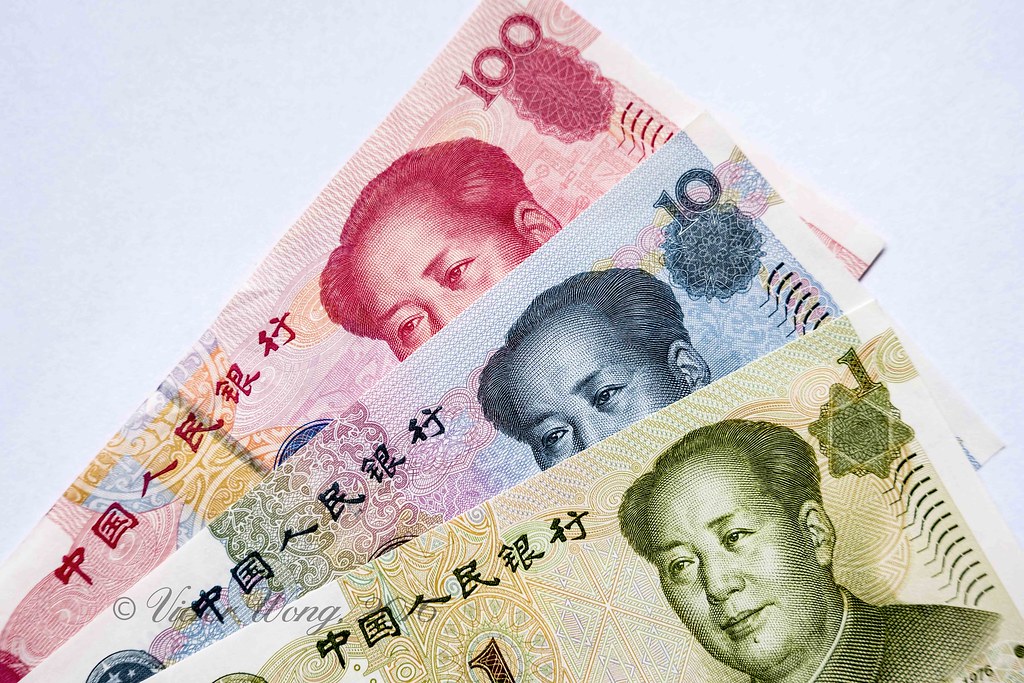UBS's data refers to an analysis of 54 Chinese ETFs. According to UBS, items linked to the CSI 300 stock index received more than 75% of the funds, while the CSI 500 index received roughly 13%.
Bloomberg notes that state funds have been crucial in helping to stabilize the Chinese stock market following its recent decline. Earlier this month, Central Huijin Investment Company, a division of a Chinese sovereign fund China Investment Corp., declared that it would keep growing its stake in EFT.
Increases in trading volumes across several ETFs indicate that state funds are aggressively purchasing smaller businesses as well as blue-chip equities.
UBS claims that in order to stem the stock market's collapse, a "team" of Chinese state funds invested 1.24 trillion yuan in it between July and September 2015. According to UBS's analysis, this year's injection is still much smaller than last year's, and there is still room for increase, should an emergency arise.
source: bloomberg.com
Bloomberg notes that state funds have been crucial in helping to stabilize the Chinese stock market following its recent decline. Earlier this month, Central Huijin Investment Company, a division of a Chinese sovereign fund China Investment Corp., declared that it would keep growing its stake in EFT.
Increases in trading volumes across several ETFs indicate that state funds are aggressively purchasing smaller businesses as well as blue-chip equities.
UBS claims that in order to stem the stock market's collapse, a "team" of Chinese state funds invested 1.24 trillion yuan in it between July and September 2015. According to UBS's analysis, this year's injection is still much smaller than last year's, and there is still room for increase, should an emergency arise.
source: bloomberg.com





